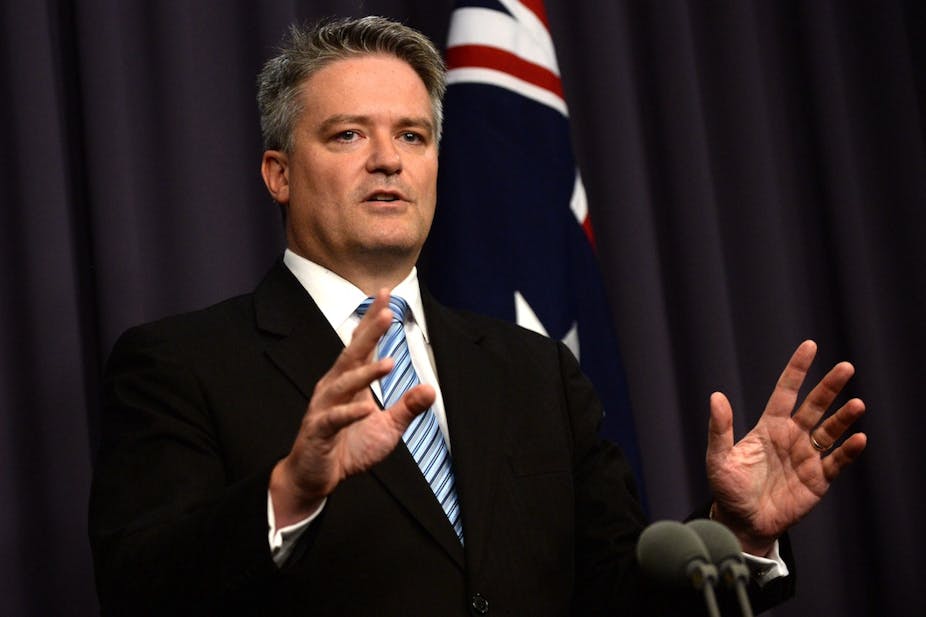On Wednesday, the federal government announced the sale of Medibank Private. On Thursday, the government announced the membership of its competition review panel. Ironically, selling Medibank may finally resolve a conflict of interest that was highlighted 21 years ago by the Hilmer competition review.
Let me explain.
One rationale for having a government-owned health insurer is to moderate private health insurers. The government-owned insurer, so the theory goes, will hold back on premium increases and discipline the private insurers.
However, the private health insurance sector is highly regulated. Any rise in insurance premiums, including for Medibank Private, needs to be approved by the health minister. And in late December last year, the minister approved a 6.2% rise.
So the government gets to approve price increases for the largest private health insurer in Australia, which is owned by the government and passes dividends to the government of up to A$500 million per year. If that is not a conflict of interest, then I don’t know what is!

Protestations that the sale of Medibank Private will lead to higher insurance premiums ignore the reality of this conflict. Government ownership of Medibank Private creates a financial incentive for that same government to allow premiums and profits to rise. The sale of Medibank Private will sever this link. Instead of leading to higher premiums, the sale will increase the chance that the minister will moderate price rises.
The challenge of removing conflicts
Prior to the 1993 competition review (led by Fred Hilmer), this type of conflict was common. Many government businesses were their own regulators. In post, telecommunications, energy and elsewhere, government monopolies not only produced and sold essential products, they regulated their own prices and service levels. Needless to say, that resulted in poor incentives for both government, who treated the public monopolies as cash cows, and the employees, who faced no competitive constraints or effective customer pressure.
The Hilmer review recommended that this conflict be eliminated so that there was a clear separation of regulatory functions and commercial functions for government monopolies. And this has largely occurred. That is why we have arms-length regulators, like the Australian Energy Regulator, today.
But the competition reforms that followed the Hilmer report did not eliminate all the conflicts of interest. There is still a potential for conflict where government continues to own a commercial business.
Gold plating
Electricity provides a simple example. In NSW and Queensland, the state government still owns the electricity distribution and transmission networks. Those same governments have a regulatory role, such as setting “network reliance”. But this creates a conflict. Raising “reliance” is reflected in the price of network charges and raises the government’s revenue. So state governments may be tempted to “gold plate” their electricity networks in order to raise government revenue.
The same conflict of interest is at the heart of the government-owned NBN. The government has to prevent competition and customer choice to make its NBN profitable. And that is exactly what is happening, regardless of whether or not it is in the consumers’ interest.
These examples highlight an important but often ignored cost of government ownership.
If governments own commercial businesses, those same governments have incentives to interfere in the operations of the businesses and of the relevant market. They have an incentive to restrict competition and use their businesses as hidden sources revenue. Worse still, they may be tempted to interfere for party-political reasons.
This conflict of interest is obvious when we look at some overseas jurisdictions. China is at the top of the list with political interference in government businesses the norm. While the conflict is less obvious in Australia, it still raises the potential for political manipulation.
What next?
The recently announced Harper review of competition policy needs to revisit the incentives that face governments and their commercial businesses. If it can highlight the costs of the conflict of interest created by government ownership and how to reduce this conflict, we will all gain.
Second, while politicians may claim that a government-owned insurer will moderate rises in premiums, I prefer to look at the incentives. While it owns Medibank Private, the government has an incentive to let health insurance premiums rise. When the government has sold Medibank Private, then the health minister might act to moderate premium increases.

